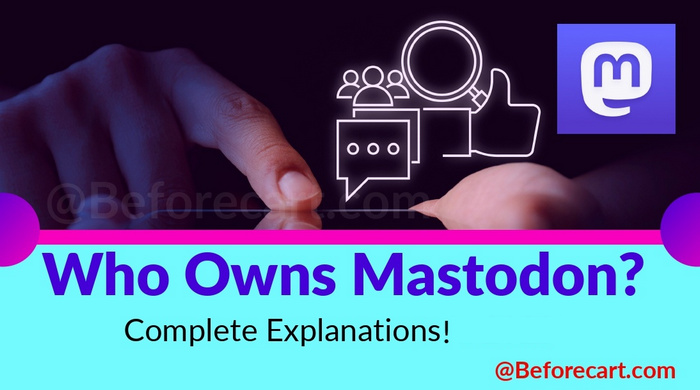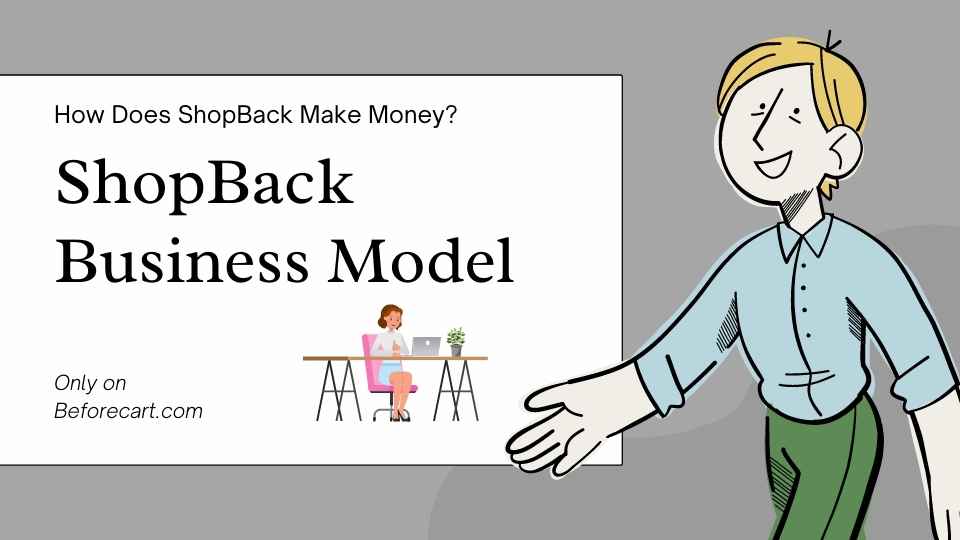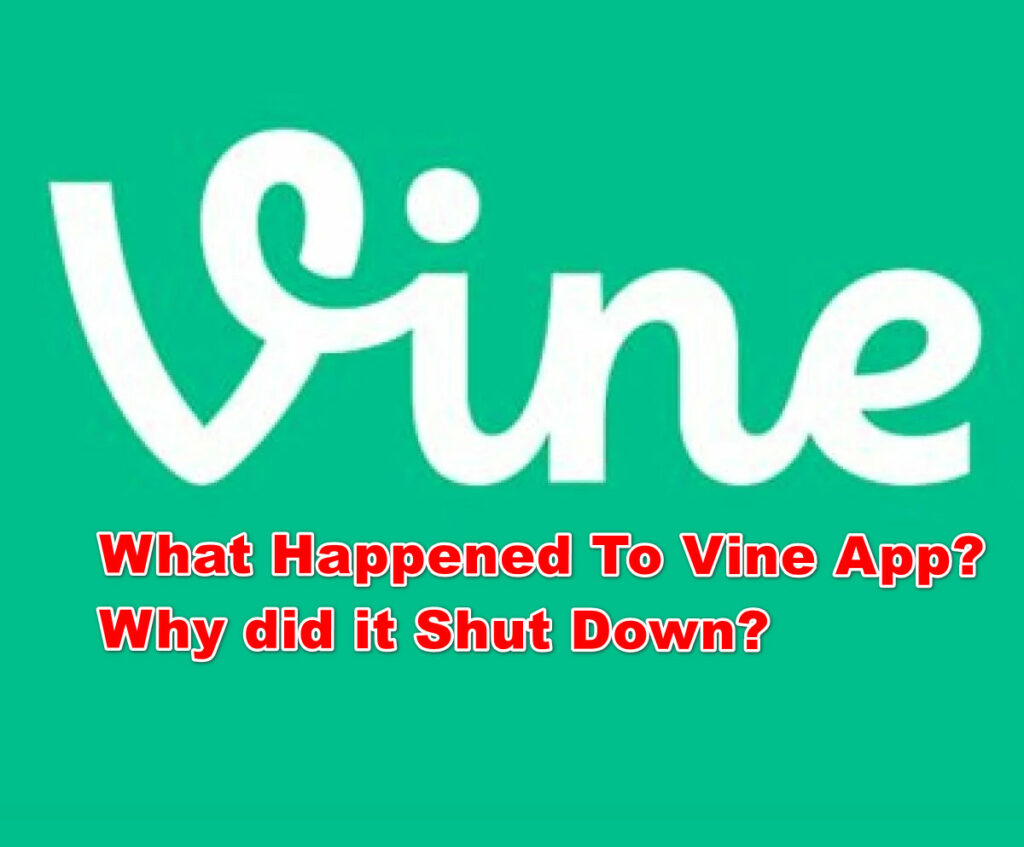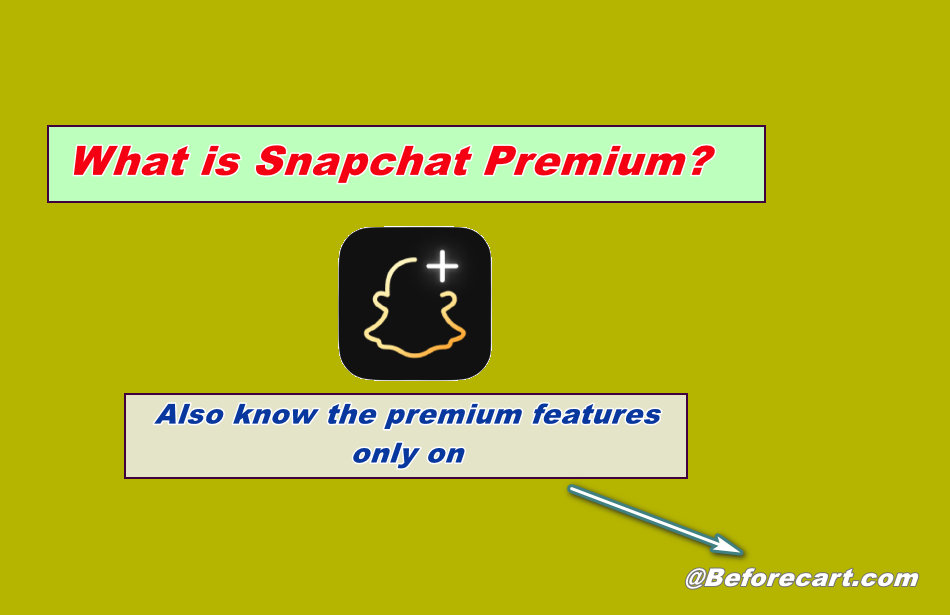Who Owns Mastodon? After Elon Musk purchased Twitter, Mastodon became one of the many alternatives Twitter users turned to. Unlike centralized entities such as Facebook or Twitter, Mastodon is vastly different in that each server is operated by its users.
While Eugen ‘Gargron’ Rochko, the creator of Mastodon in 2016, is the sole owner of the legal entity that supports mastodon.social and mastodon.online, it is essential to note that Mastodon is technically not owned by a single individual. Let’s take a closer look at the origins of Mastodon, its decentralized nature, and whether it is possible for it to be sold.
Explaining how Mastodon was founded!
Table of Contents
Mastodon was created by German software developer Eugen Rochko, who goes by Gargron on the server he manages (mastodon.social). Rochko has been working on the project for most of his professional career. He essentially paid for his studies by working as a Ruby on Rails developer, the software development framework Mastodon is built on.
Eugen Rochko graduated from the University of Jena in 2016 at the age of 23; Mastodon became his first job. Despite the seemingly impossible task of competing against social media giants like Facebook and Twitter, Rochko was motivated by his belief system and his conviction that decentralized entities are better suited to creating “smaller, tight-knit communities” that are less likely to foster toxic behavior.
Interestingly, Eugen Rochko’s beliefs about decentralized entities align with those of Twitter founder Jack Dorsey, who preferred such entities in leaked private conversations with new owner Elon Musk during discussions of a potential takeover. Mastodon officially launched in October 2016 and was named after the extinct animal that now appears on its logo.
After sharing his invention with tech enthusiasts on forums like Hacker News, Mastodon quickly gained the press’s attention, leading to over 40,000 members on the main mastodon.social server within six months. Eugen Rochko temporarily halted registrations due to the influx of users.
To finance Mastodon, the company received grants from both companies and the government, as well as Patreon donations, which remain the primary sources of revenue to this day.
However, as the social network grew, Rochko had to deal with moderation issues. In early 2019, the Daily Dot published an article highlighting the young founder’s challenges in moderating the platform.
Trans users and people of color left the platform in droves after experiencing harassment from other users without any consequences. The article also alleged that Rochko took ideas and code from Mastodon’s mostly volunteer users and claimed them as his own.
One Mastodon member expressed concerns about Eugen Rochko’s leadership of the project, stating that although he is in charge of the main branch of a large community project and promises advantages over Twitter, he refuses to address the needs of the software’s users while maintaining complete control as the sole decision-maker. The user acknowledged Rochko’s right to make decisions about the project but expressed concerns about the potential harm to the project overall.
Despite those hiccups, Mastodon continued to grow at a steady clip. It frequently added thousands of new users when its centralized counterparts screwed up majorly (which they did plenty of times).
However, the Gab migration caused a rift in the Mastodon community. Due to its history of hateful content, some users advocate blocking or banning Gab from the network. Rochko ultimately left the decision up to individual server administrators, leading to further controversy and debate within the community.
Mastodon’s reputation as a platform that promotes inclusivity and free speech while discouraging toxic behavior and hate speech has attracted many users. The platform’s decentralized nature, where users can operate their servers with their own rules and moderators, allows for a diverse range of communities to exist within the Mastodon network.
This has led to Mastodon being seen as an alternative to traditional centralized social networks like Twitter, Facebook, and Instagram, which have been criticized for failing to moderate harmful content adequately.
However, Mastodon has continued to grow steadily despite these hiccups. When its centralized counterparts screwed up badly, it often added thousands of new users.
By registering Mastodon as a non-profit limited liability company in Germany, Rochko could formalize the project as a legal entity and provide more structure and accountability.
As a non-profit gGmbH, shareholders are not permitted to receive any revenue from the company’s activities and can withdraw the funds they originally paid in.
Additionally, employees are not allowed to receive extraordinarily high wages, ensuring that the company remains focused on its mission and not profit. This move was a significant step for the project, providing a more stable foundation for its continued growth and development.
The announcement by Elon Musk about his intention to acquire Twitter caused many users to leave the platform, which resulted in an influx of new users to Mastodon. This caused some temporary issues with the platform’s servers as they struggled to accommodate the surge in traffic.
However, the team behind Mastodon was able to quickly address these issues and ensure that the platform remained accessible to all its users.
It’s common for social media platforms to experience server overload during high-user activity, and Mastodon is no exception. Rochko’s response to the situation is understandable, as he wants to ensure that the platform remains stable and can handle the influx of new users.
By directing people to joinmastodon.org instead of directly to mastodon.social, Rochko is likely hoping to distribute the load across multiple servers and prevent any one server from becoming overwhelmed. This is an intelligent strategy for scaling the platform and ensuring it can handle large numbers of users in the future.
Rochko’s comments about feeling stressed and wanting to play Dota are also relatable. Building and maintaining a successful social media platform is a challenging task requiring hard work and dedication. Taking breaks and engaging in self-care is essential to prevent burnout and maintain a healthy work-life balance.
In addition, other organizations, like the European Union, started setting up servers while supporting Mastodon financially. The decentralized and thus independent nature of the service attracted even users from oppressive countries like China.
Mastodon users grew from 250k per month in 2022 to over 2 million by the end of the year. Following Musk’s acquisition of Twitter, over 230k people joined the service.
Due to the decentralized nature of Mastodon, it consists of many individual servers, called “instances,” each operated independently by different people and organizations. Across multiple instances, users can interact with each other as if they were all on a single network.
Each instance has its own rules, moderation policies, and community. It is possible for some users to be confused and believe Mastodon is a single centralized platform like Twitter, resulting in them joining mastodon.social server instead of exploring other instances.
At the time of the acquisition, Twitter had close to 240 million users, whereas those numbers paled in comparison. Although Twitter felt the user drain, it blocked users from tweeting links to their Mastodon profiles.
While Twitter made several blunders, Mastodon couldn’t capitalize on them. The decentralized network began losing users in January 2023 due to its confusing navigation.
Suddenly everyone realized how hard it was, then jumped back to Twitter and thought, ‘Oh, that’s so hard.’ In an interview with The Guardian, social media strategist Meg Coffey said, “We might not go there.”
In the end, it remains to be seen whether Mastodon can ever be the Twitter replacement that the media has hyped it up to be – and whether Rochko wants it to succeed.
Recommended: Mastodon Business Model!
But, Who Owns Mastodon?
ActivityPub is Mastodon’s open-source protocol, which allows users to set up their servers. Therefore, the user is technically the server’s owner, responsible for registering the domain and paying the hosting fees.
Just to clarify, while Mastodon.social is run by Mastodon founder Eugen Rochko, the most popular server is Mastodon.cloud, not Mastodon.online. Mastodon.cloud is also owned and operated by the non-profit Mastodon gGmbH, which is, in turn, owned by Rochko. Additionally, it’s worth noting that while Rochko did have to pay fees to register the company, they were likely much less than €25,000. The exact amount is not publicly known.

Rochko has expressed interest in expanding Mastodon’s business model beyond just donations and grants to offering ancillary services like hosting. In a previous interview with TechCrunch, he outlined his plans for such expansion.
Rochko stated that offering hosting services for Mastodon servers would help alleviate the technical difficulties many users face when setting up their own servers. Additionally, he suggested that Mastodon could offer services such as moderation, analytics, and community management tools to server owners for a fee.
However, Rochko has also been clear that he does not want to turn Mastodon into a for-profit company and that any expansion of its business model would be done to sustain the platform’s mission and values.
There is no indication that Mastodon will ever be sold at this time. As a result, Rochko is likely to continue to operate the non-profit through donations.
Recommended: Brave Business Model
Conclusion:
As a decentralized social network, Mastodon is maintained and owned by its users. However, the most popular servers, mastodon.online and mastodon.social, are held by Mastodon gGmbH, a non-profit organization. Eugen Rochko, the founder of Mastodon, registered the non-profit in 2021 for €25,000.
While Rochko technically has the ability to sell the company to outside investors and potentially establish it as a for-profit entity, he has expressed his desire to expand the company’s business model towards offering ancillary services like hosting. So, the answer to the question “Who Owns Mastodon?” is technically its users, with the non-profit Mastodon gGmbH being owned by Eugen Rochko.





